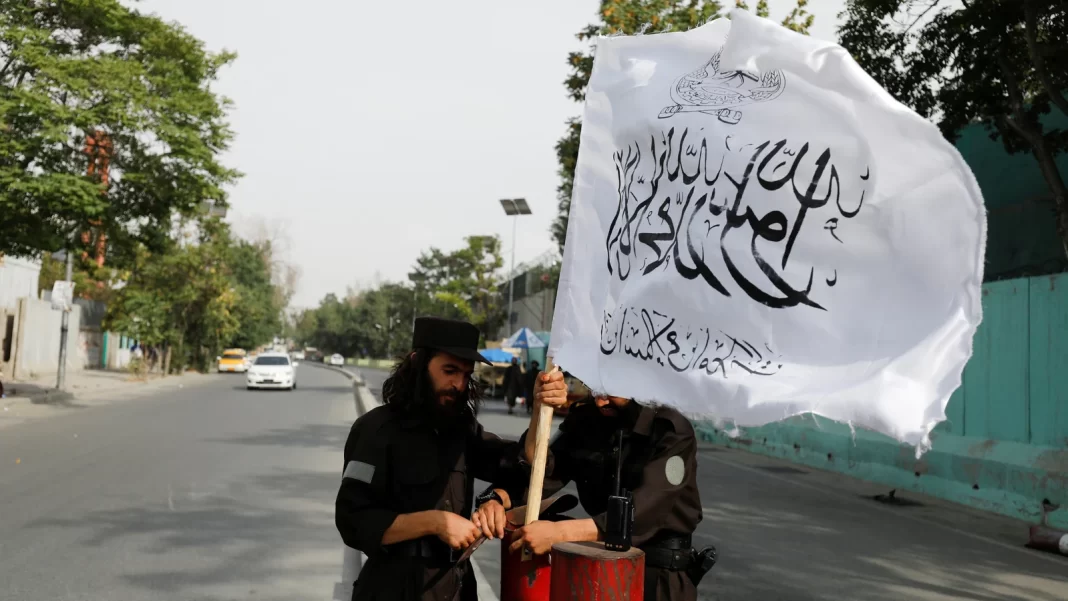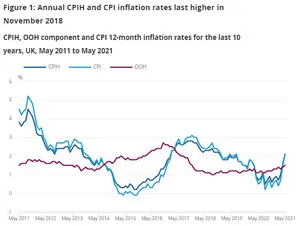The Taliban has issued a new directive that imposes a ban on women visiting an Afghan national park. This development raises concerns about the curtailing of women’s rights and freedoms in the region.
The Taliban, an Islamist fundamentalist group, originated in Afghanistan during the early 1990s. The group gained global attention due to its rise to power, governing Afghanistan from 1996 to 2001. Known for its strict interpretation of Islamic law, the Taliban implemented a harsh regime characterized by restrictions on women’s rights, a ban on music and entertainment, and severe punishments for various offences.
A Regressive Step:
The prohibition on women’s access to the national park reflects a regressive approach that undermines gender equality and individual freedoms. It highlights the challenging environment faced by women under the Taliban’s rule.
Impact on Women’s Rights:
The ban not only restricts women’s recreational opportunities but also symbolizes a broader infringement on their rights. This directive underscores the critical need to safeguard and advocate for women’s rights in such contexts.
Taliban’s Perspective:
According to Mohammad Khalid Hanafi, a spokesperson for the Taliban, the diktat stems from their belief that women are not obligated to engage in sightseeing activities. This perspective reflects the group’s adherence to a restrictive interpretation of gender roles.
Read about women’s right Under Taliban Laws
Backlash and Concerns:
The ban has sparked backlash from various quarters, with activists and organizations expressing concerns over the erosion of women’s rights and
autonomy. The decision also highlights the evolving dynamics in Afghanistan under the Taliban’s control.
The Taliban’s recent imposition of a ban on women visiting an Afghan national park signifies a worrying regression in women’s rights. This directive adds to the mounting concerns about gender equality and individual freedoms under the group’s rule. As the world watches Afghanistan’s unfolding developments, the treatment of women remains a critical indicator of the region’s progress and adherence to human rights standards.



